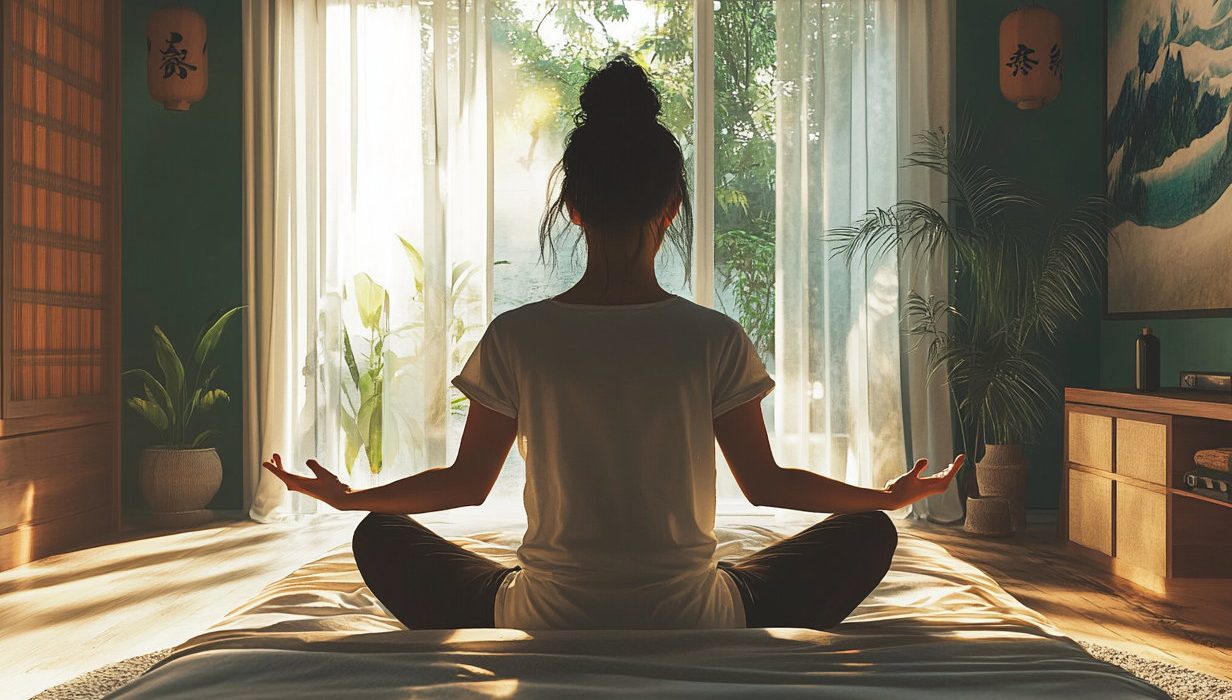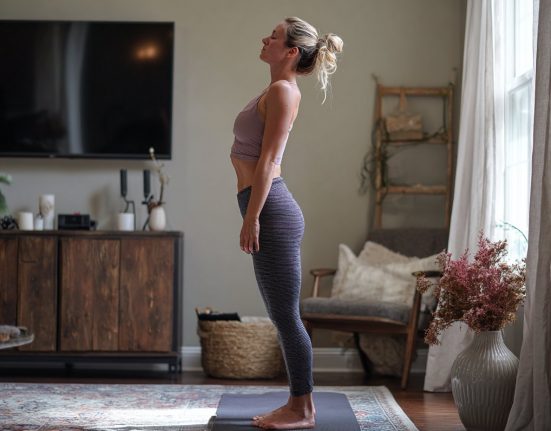Meditation offers seniors a powerful tool for finding calm and clarity, addressing emotional challenges like stress and loneliness. Simple techniques such as breath awareness and guided meditation can improve memory, sleep, and emotional resilience. Regular practice, even for a few minutes daily, fosters peace of mind and spiritual wellness, enhancing overall well-being in later life.
As we get older, life begins to slow down—but the mind doesn’t always follow suit. From health concerns to feelings of loneliness or restlessness, seniors often face emotional challenges that can quietly affect their well-being. Meditation offers a simple and powerful tool to find calm, clarity, and connection—even if you’ve never tried it before.
The good news? It’s never too late to begin. In this guide, we break down how seniors can easily start meditating and make it a peaceful part of daily life.
Why Meditation Matters in Later Life
Meditation is more than just closing your eyes and sitting still. It’s about training the mind to slow down and stay present. For seniors, meditation has been linked to:
Lower stress and anxiety levels
Improved memory and focus
Better sleep and emotional resilience
Greater acceptance and peace during ageing
Long-term meditators had better-preserved brains as they aged, especially in areas related to memory and emotional regulation.
Is Meditation Difficult? Not at All
One common myth is that meditation requires silence, flexibility, or hours of sitting cross-legged. The truth is—you can meditate while sitting on a chair, lying down, or even walking slowly. What matters is consistency, not complexity.
Even 5 minutes a day can bring positive change.
Simple Meditation Techniques for Seniors
Here are beginner-friendly practices to get started:
a) Breath Awareness Meditation
Sit comfortably and close your eyes.
Gently focus on your breath—feel the air entering and leaving your nose.
If your mind wanders, simply return your attention to your breath.
Start with 5 minutes a day.
b) Guided Meditation
Listen to an audio or video that walks you through relaxation.
Ideal for seniors who feel distracted or unsure where to begin.
Try apps like Insight Timer or YouTube videos designed for seniors.
c) Loving-Kindness Meditation (Metta)
Close your eyes and repeat phrases like:
“May I be peaceful. May I be healthy. May others be safe and happy.”
This builds emotional warmth and compassion.
Create a Peaceful Meditation Space
A calm corner can encourage daily practice. Choose a spot near a window, decorate with a candle or plant, and keep a cushion or chair ready. You can even place a small idol or spiritual symbol if that brings comfort.
Tip: Light a gentle incense or play soft instrumental music to set the mood.
What to Expect—and What Not To
Meditation doesn’t stop thoughts instantly. Don’t worry if your mind wanders or feels busy. That’s normal. The goal isn’t to “empty” your mind but to become aware of it—without judgement.
With practice, you may notice:
A calmer response to stress
More clarity in thoughts
Improved emotional balance
Think of meditation like gardening—small, daily efforts lead to beautiful results over time.
Make It a Joyful Habit
Set a fixed time daily—mornings or evenings work well.
Keep sessions short and sweet.
Join a group or invite a friend to meditate together.
Pro Tip: Tie meditation to an existing habit—like right after morning tea or before your evening walk.
Meditation and Spiritual Wellness
For many seniors, meditation becomes a spiritual anchor, helping them connect with something greater than themselves. Whether it’s God, the Universe, or simply their inner self—it nurtures a deep sense of calm, gratitude, and surrender.
Age brings wisdom—but also new worries. Meditation offers a gentle pause from the noise and helps seniors reconnect with what truly matters: peace of mind, emotional strength, and joy in the present moment.








